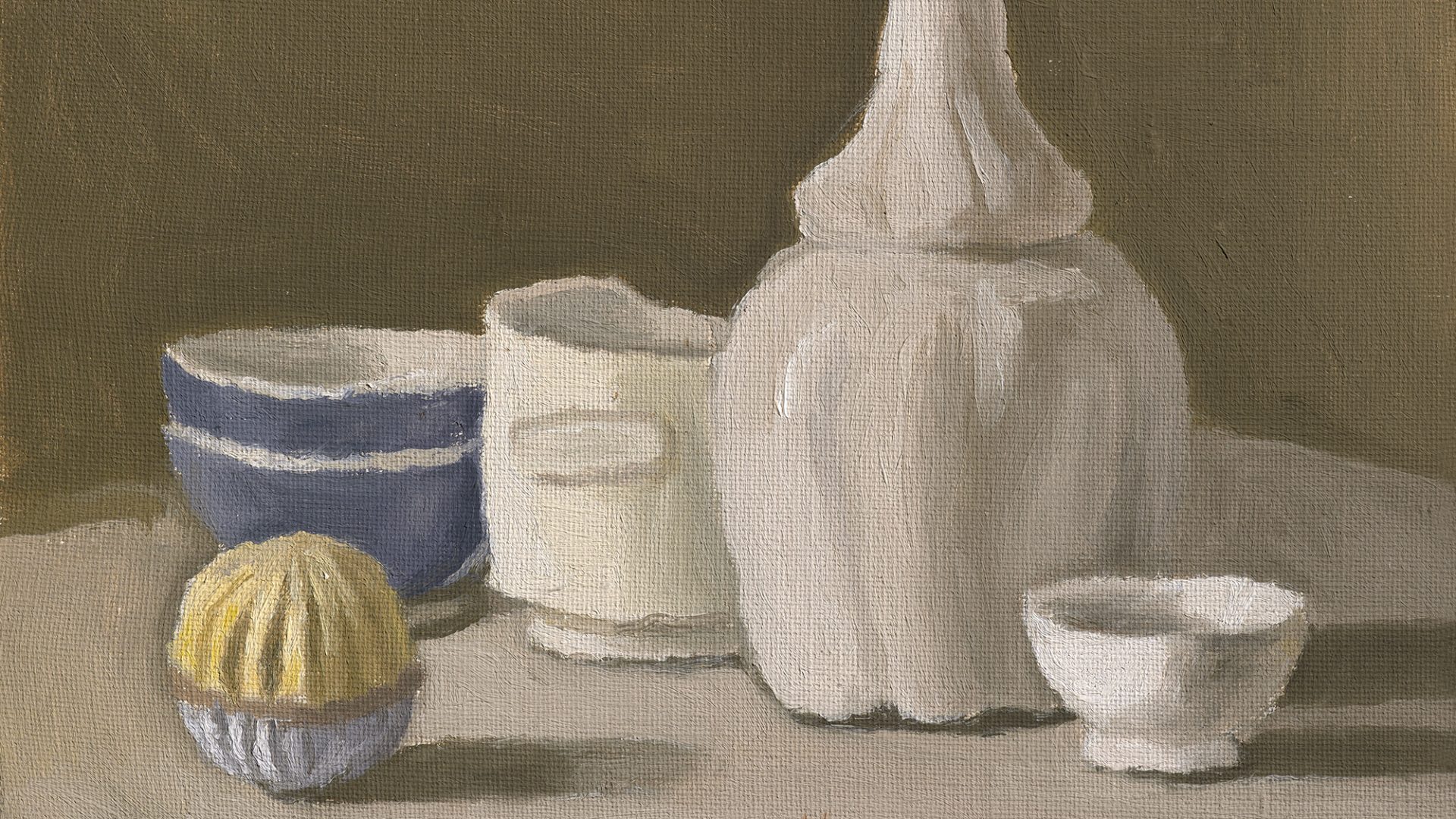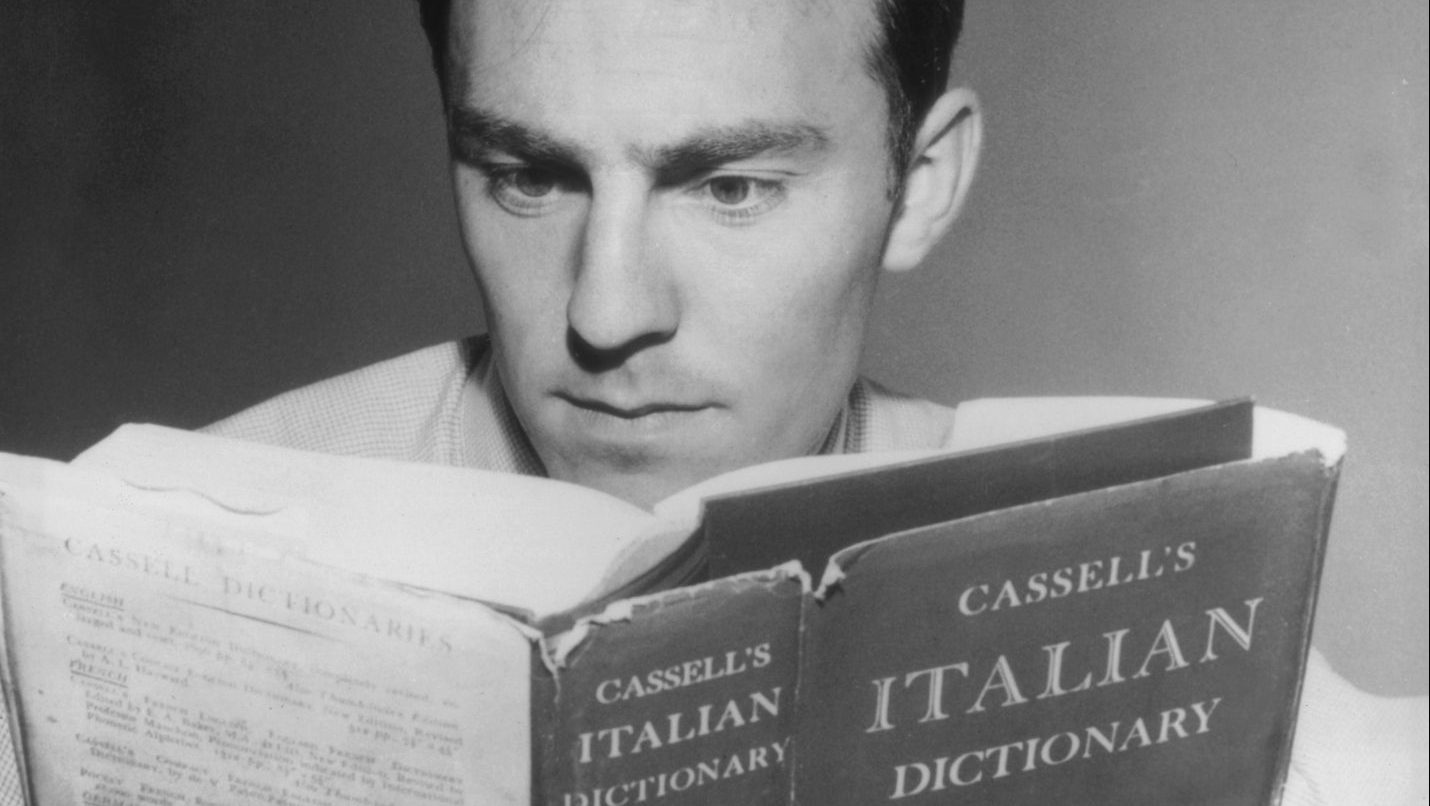On January 13, the owner of Broadhursts Bookshop in Southport tweeted: “I have just had a customer in the shop who does not have a TBR [to be read] pile, he reads a book and when he finishes it he buys another one and he never keeps them so he has no books at home bar the one he is currently reading. I’m having trouble believing him.”
The tweet has received more than a million views and nearly 800 replies, mostly along the lines of “This is deranged behaviour”, “What madness
is this?” and “That’s not a bit disturbing.” One commenter even suggested calling the police, the kind of reaction that prompted Guardian columnist Rhiannon Lucy Cosslett to condemn “the cult of book ownership” as “smug and middle-class”.
Undoubtedly, there were many smug people among those who replied and
the crossover between them and respondents from the middle-classes would have been huge – a Venn diagram like a solar eclipse – but was it fair to label people who don’t operate a one-in-one-out brand of bibliophily as smug and middle-class? Let alone a bit culty?
Watching the debate rage – fiercely enough for the Guardian to change the column’s headline to something less confrontational – I couldn’t help thinking about Bruno Schröder.
A retired mining engineer, Schröder lived quietly in the small town of Mettingen in north-western Germany until his death in November at the age
of 88. He had no close family, his wife had been in a care home for some years and while he was cheerfully polite to neighbours, he kept himself to himself. His unassuming life in an unassuming town would have been unremarkable were it not for the discovery after his death that his modest suburban home had been converted into a personal library containing more than 70,000 books.
This was no sad tale of a lonely old man living among teetering, rodent-nibbled piles of dusty tomes. Other than a few artworks in the living room,
every inch of wall in the four-storey house was covered with bespoke shelving on which books were filed meticulously. Some rooms were filled
with standalone shelving units beautifully crafted in polished wood. Even the roof wasn’t spared; the rafters in the converted attic turned into gravity-defying bookcases constructed by Schröder in his subterranean workshop – the only room in the house not dominated by books.
While the sheer numbers involved suggest at least an elevated level of personal eccentricity, Schröder’s book habit was far from an exercise in
random hoarding. The shelves contained the great works of literature, poetry and philosophy but books ranged widely across genres: most of the basement was given over to around 10,000 crime thrillers.
The books were logged carefully in a database, filed on the shelves usually according to publisher, and were all planned acquisitions: when he died,
papers on his desk showed he was halfway through adding the works of
PG Wodehouse to his shelves.
Schröder’s weekly orders – sometimes of up to 30 books – were delivered to his door by Silke Meyer, who runs Mettingen’s Bücherwurm (‘Bookworm’) bookshop. “He was our best regular customer for many years,” she recalled after his death. “His books were very important to him and he guarded them like treasure.”
The only author granted the honour of a display case was the 20th century German novelist Arno Schmidt, whose notoriously complex works were
created out of a disaffection with the world prompted by his wartime experiences. Little known outside the German-speaking world because his stream-of-consciousness prose was too stylised and orthographic to translate faithfully, Schmidt’s work, barely read even in Germany these days, resonated enough with Schröder to be granted an exalted place among his collection in a glass cabinet.
Clearly, Schröder was a reader, someone whose collection began out of a love of literature, yet by the time one has amassed 70,000 books the collecting has long eclipsed the actual reading. Sheer logistics must have occupied most of his time, from the selecting and ordering of the books to the design and construction of the shelving, not to mention the former engineer having to strengthen the structure of the house to cope with a collection weighing almost 30 tonnes.
The business of acquiring and storing such a huge library – possibly the largest of its kind in Europe – didn’t leave much time for reading. Even if Schröder had read one complete book every single day of his 70-year adult life, he would only have covered barely a third of his collection, so why keep acquiring more books while approaching your tenth decade when you’ve barely made a dent in what you own already?
The answer to that question is one Schröder has taken to his grave. Perhaps, having spent a significant proportion of his working life surrounded by constant drilling in an enclosed space far underground, he coveted the noise-absorbing tranquility a room full of books can bring, valuing it so deeply that he extended that sense of peace to every room. Perhaps it gave him a sense of being in control of something in a world increasingly out of control; every book had a place on a shelf in a collection organised scrupulously in a system that would be the envy of many professional libraries.
But then, why does it matter why he did it? Collecting books clearly made him happy. He knew he’d never read most of them yet right up until his death he was still thinking about which authors and genres to explore, planning where the next delivery would be housed, going to his workshop to design and build the shelving to hold them. His books kept him busy, gave him a purpose. Most of all, they made him happy in the same way that owning one book at a time makes that man in Southport happy.
Between these two lies the full range of domestic book storage and we’re all
in there somewhere. Curious to learn where I might lie on the Southport-Schröder scale, I have for the first time totted up roughly how many books I
own and it’s about 1,500. Not even a small side room’s worth to Bruno but probably enough to startle the Southport book flinger. Some are there for work-related reasons, some purely for pleasure. Some I’ve read, some I haven’t got to yet. None of them are worth very much, to some there is a sentimental attachment.
In an ideal world, I probably wouldn’t have this many books and while I embark on semi-regular culls, they tend to be conducted with low-wattage ruthlessness. I like having them, I’m reassured by their presence, comforted even. I don’t believe they make me look clever and I certainly don’t feel smug about them. If anything, the space they take up in a small flat makes me slightly anxious, while the only literary cult I’d ever be interested in joining would be headed by Ivor Cutler – and he’s dead.
For most people, there is nothing smug or cultish or even necessarily middle-class about having books. All sorts of reasons lie behind people
choosing to keep books whether their collections number seven or 70,000. If
some of them feel their bookshelves give them an intellectual cachet and they can be openly smug about them, then good luck to them. I hope we never get chatting at a party.
After all, the Southport man gets as much out of his reading as anyone else, whatever he chooses to do with his books when he’s finished with them. Imagine the bonus pleasure he experiences in closing a book and deciding which friend or family member might appreciate it most.
There are probably enough books on my shelves to last me the rest of my
life but that doesn’t stop me adding to them and it never will. Perhaps it’s an
irrational assumption that there will always be time for more books. There
won’t always be time for more books. In adding to my library, there might be
a subconscious sense of tweaking the nose of my own mortality. As long as the books are there, I’ll get to them all one day no matter how long it takes.
Books are timeless but we are not. Maybe that’s what kept Bruno Schröder adding to his vast collection, the sense that as long as the books were there waiting to be read, he’d always be there to read them.
Watching that rather silly Twitter debate, I couldn’t help but keep thinking about an old man in Germany sitting at his desk in a pool of lamplight, the sun setting outside the window, every inch of wall space covered in books, nothing down his next purchases, anticipating the inky smell of their newness, each one buying him just a little more time.




